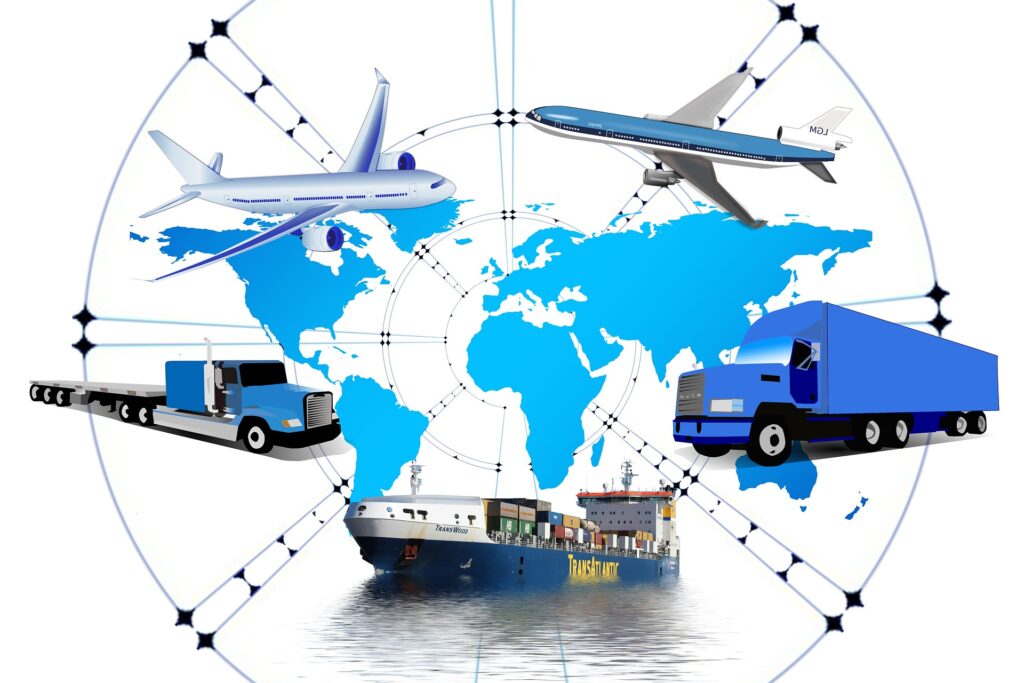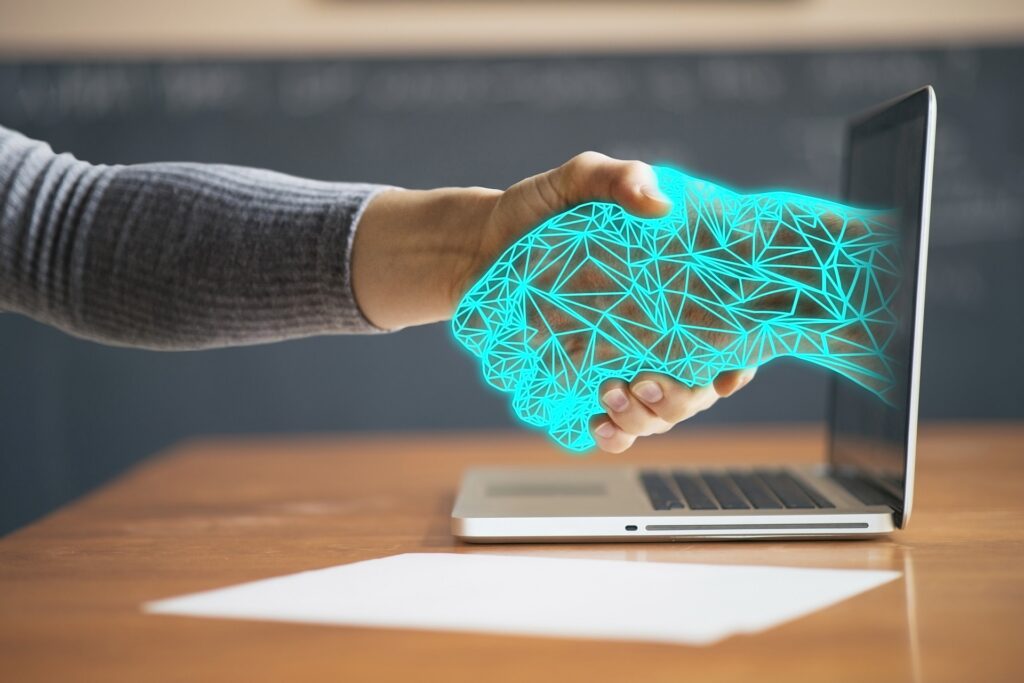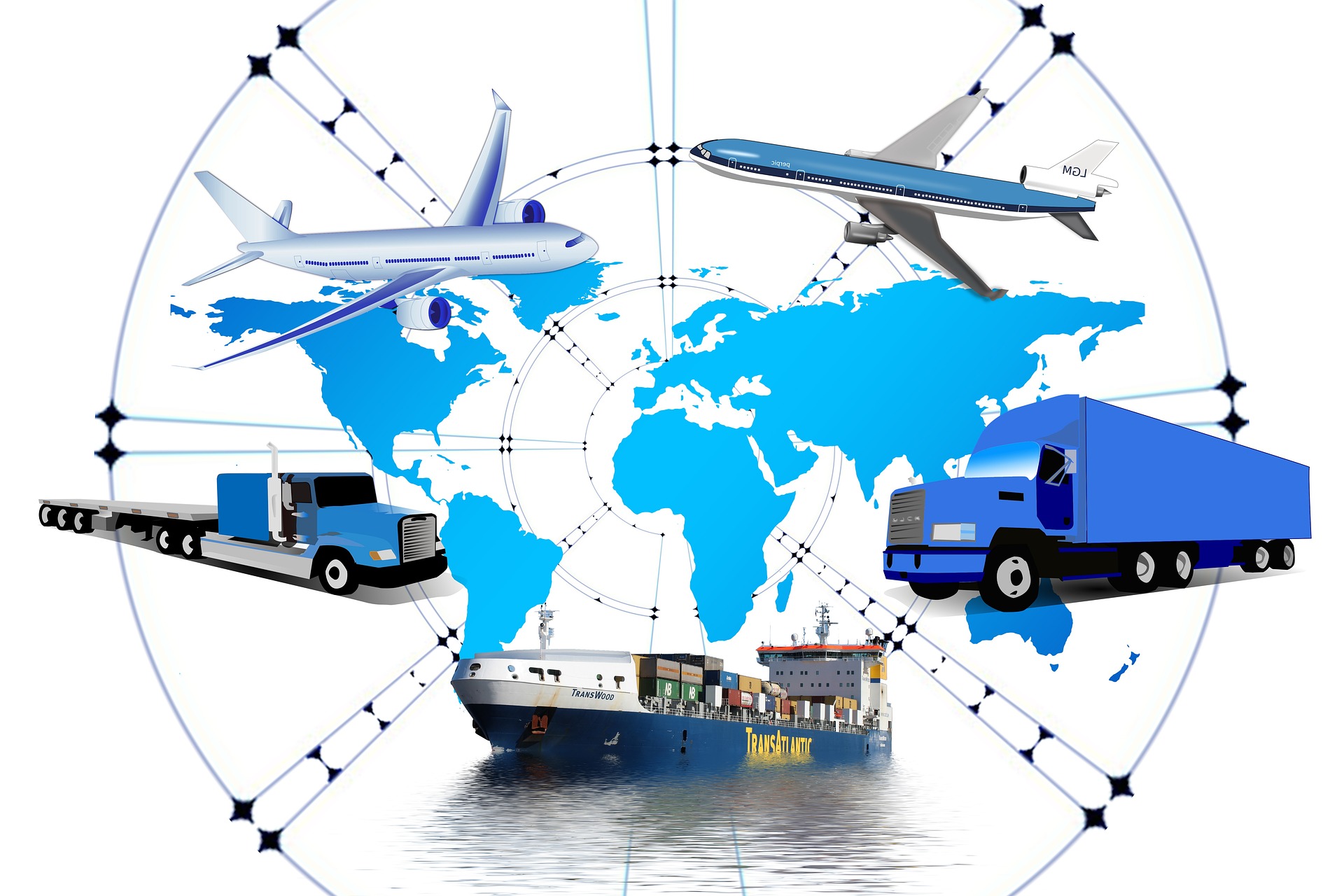
It’s here, and it’s reshaping industries right before our eyes. One area where AI is making a particularly significant impact is transportation.
I believe that we are just at the beginning of what could be a transportation revolution driven by AI.
The integration of AI into this sector is already helping to enhance safety, improve efficiency, reduce emissions. Also provide a better overall experience for passengers and businesses alike.
Let me walk you through how AI is playing a vital role in transportation and why this matters for all of us.
Ai in transportation
When we think about AI in transportation, the first thing that probably comes to mind is self-driving cars. I must admit, the idea of a car driving itself sounded like science fiction just a few years ago.
But now, we’re seeing companies like Tesla, Google’s Waymo, and others push the boundaries of. What’s possible with autonomous vehicles (AVs). These vehicles rely heavily on AI to navigate roads, detect obstacles, and make split-second decisions based on real-time data.
Self-driving cars can revolutionize personal travel, making it safer and more convenient for us. Imagine being able to relax while your car takes you to work. Avoiding traffic jams as your vehicle reroutes you through the fastest possible path.
AI in AVs isn’t just limited to cars, though; we are also witnessing the development of autonomous trucks and delivery drones, which could drastically change the logistics and freight industries.
How AI work for Traffic Management ?
If you’ve ever been stuck in traffic (and who hasn’t?), you probably wished there was a better way to manage it. Cities across the world are adopting AI-powered traffic management systems to reduce congestion and improve traffic flow. This ai systems analyze real-time data. From sensors, cameras, and even GPS systems in our smart phones to predict and manage traffic patterns.
AI can help by adjusting traffic lights dynamically, rerouting vehicles to avoid bottlenecks. Even predicting accidents before they happen.
As a result, we spend less time stuck on the road, and cities can reduce pollution and fuel consumption. I think we can all agree that smoother traffic makes everyone’s life easier!

Ai in transportation market
Public transportation is another area that stands to benefit greatly from AI. I’ve seen how AI can optimize bus routes, predict when buses or trains will arrive, and even adjust schedules in real-time based on demand.
This ensures that passengers aren’t left waiting at a station for long periods and that buses or trains aren’t running empty.
AI also helps cities and transit authorities plan for the future. By analyzing trends in passenger numbers and travel patterns, AI can suggest changes that make public transportation more efficient and cost-effective.
I believe that if more cities implement these systems, public transport will become a more attractive and reliable option for everyone.

Ai for transportation annd its maintenance
When it comes to vehicles—whether it’s cars, buses, or airplanes—regular maintenance is crucial for safety and efficiency. However, it can be challenging to predict when a part is going to fail or when maintenance is actually needed. This is where AI steps in with something called “predictive maintenance.”
By analyzing data from sensors in vehicles, AI can predict when a part is likely to wear out or fail. This allows maintenance teams to fix the issue before it becomes a major problem, reducing downtime and improving safety.
I’m particularly excited about how this can make transportation systems more reliable. Imagine fewer flight delays or canceled trains because maintenance issues were addressed before they caused disruptions.
Ai in transportation and logistics
AI is transforming logistics and route planning in ways we couldn’t have imagined a decade ago. For companies that rely on moving goods from one place to another, whether by truck, ship, or plane, AI can optimize routes to save time and reduce fuel consumption. Ai can suggest by analyzing factors like weather conditions, traffic patterns, and fuel costs, AI systems can suggest the best possible routes.
This isn’t just good for businesses; it’s good for the environment. With more efficient route planning, companies can reduce their carbon footprint, helping to combat climate change.
I think we’re all becoming more aware of how important sustainability is, and AI can be a key player in achieving greener transportation systems.
AI and Ride-Hailing Services
We’ve all used apps like Uber or Lyft at some point, and AI is the backbone of these services. AI helps match passengers with drivers, calculate estimated arrival times, and even suggest ride-sharing options to reduce costs and environmental impact.
These platforms are getting smarter every day, making our ride-hailing experiences faster and more convenient.
I’m especially interested in how AI could improve these services further in the future.
For example, AI could help predict demand in certain areas, ensuring that more drivers are available where they’re needed most. It could also make ride-sharing more efficient by finding better ways to pool passengers traveling in the same direction.
How can an AI helpful for Safe transportation?
Safety is a top priority when it comes to transportation, and AI is playing a key role in making travel safer for all of us.
Advanced Driver Assistance Systems (ADAS), powered by AI, are now common in many modern vehicles. These systems can automatically brake to avoid collisions, keep the car in its lane, and detect potential hazards on the road.
AI is also being used in air travel, where it helps pilots and air traffic controllers monitor conditions and avoid accidents.
I believe we’ll continue to see advancements in AI-driven safety features, making travel by land, sea, and air even safer for everyone.
As we can see, AI is already making a huge difference in transportation. From self-driving cars to smarter public transportation and safer travel experiences, AI is transforming the way we move from place to place. In the future, AI will likely play an even bigger role in creating more efficient, greener, and safer transportation systems. It’s an exciting time to be alive, and I can’t wait to see where this road will lead us!
We’re on the cusp of a new era in transportation, and AI is at the steering wheel.

